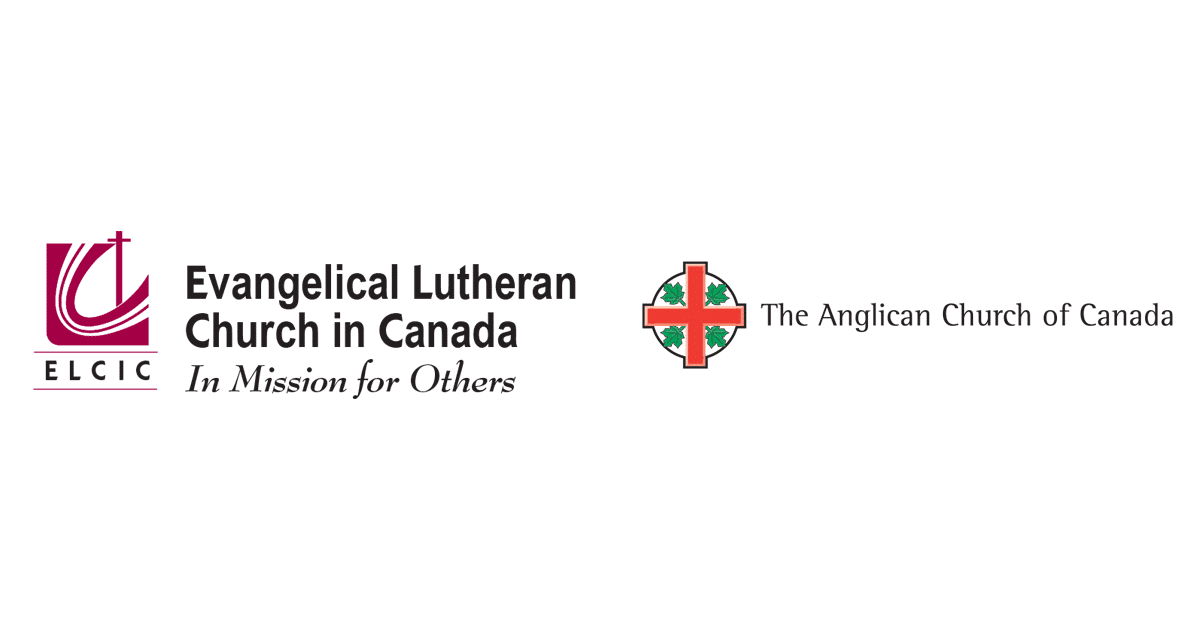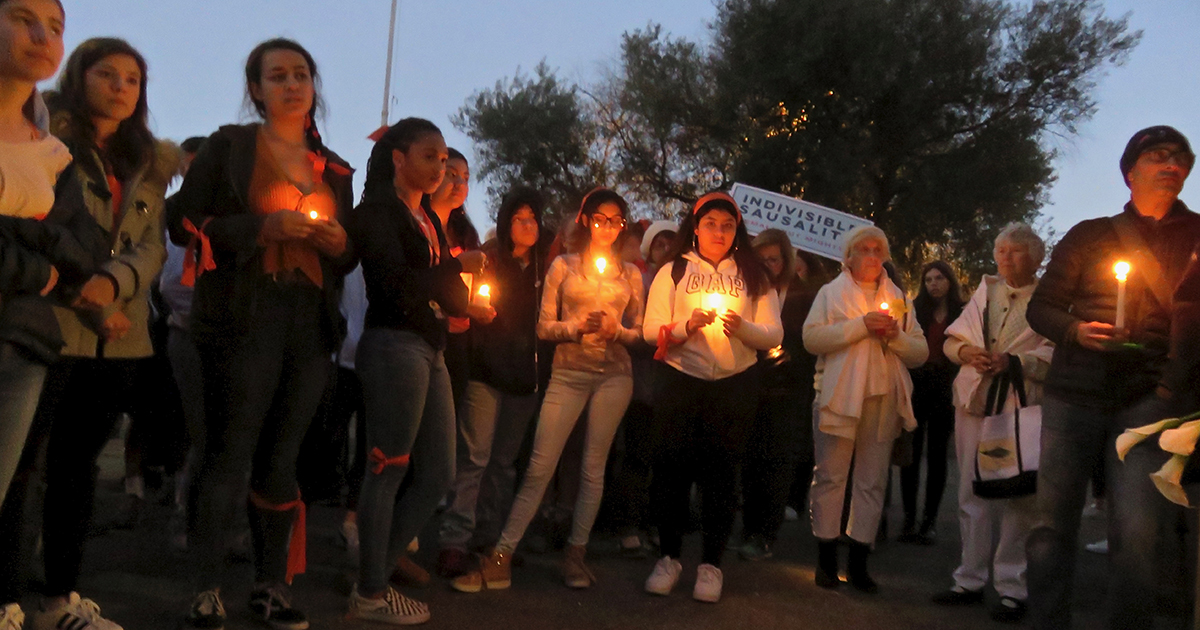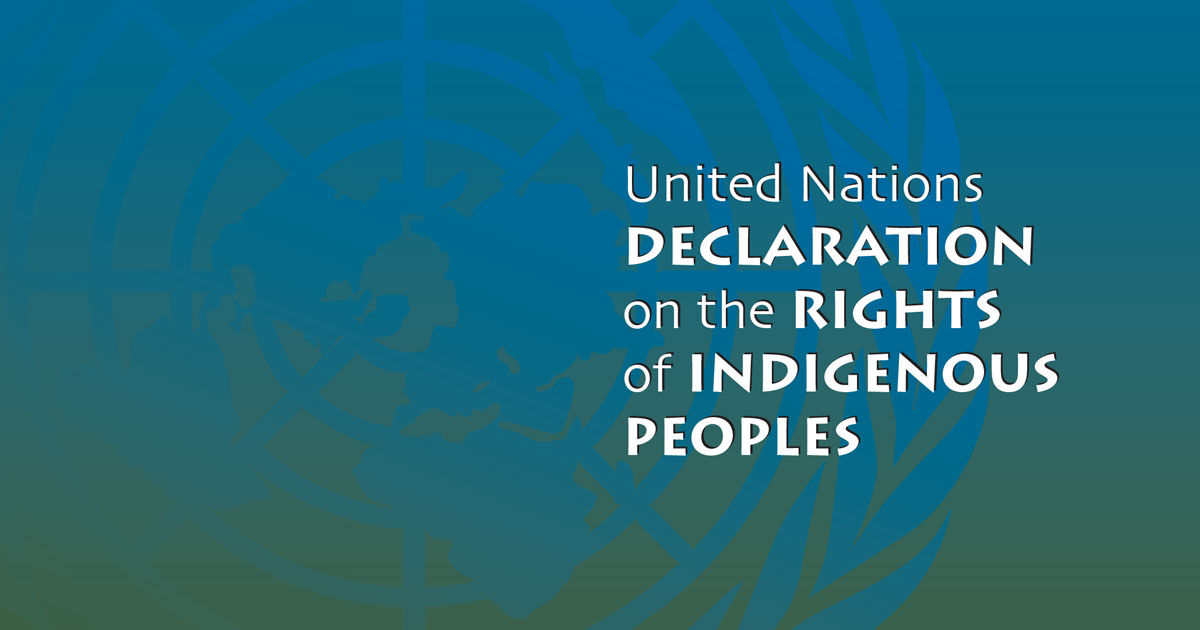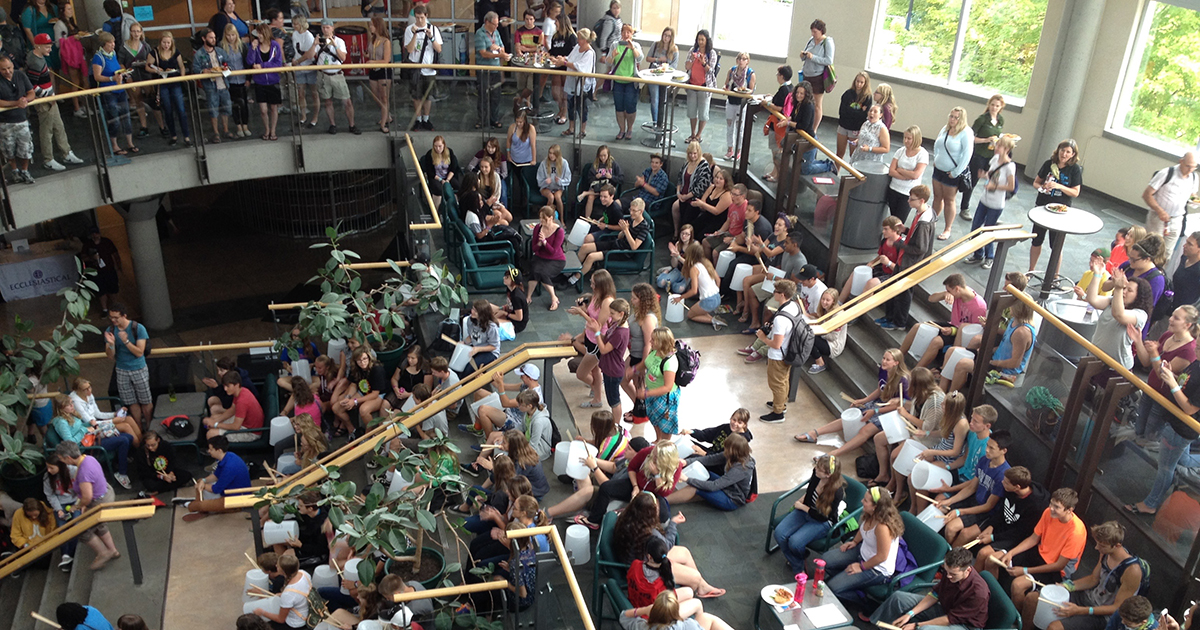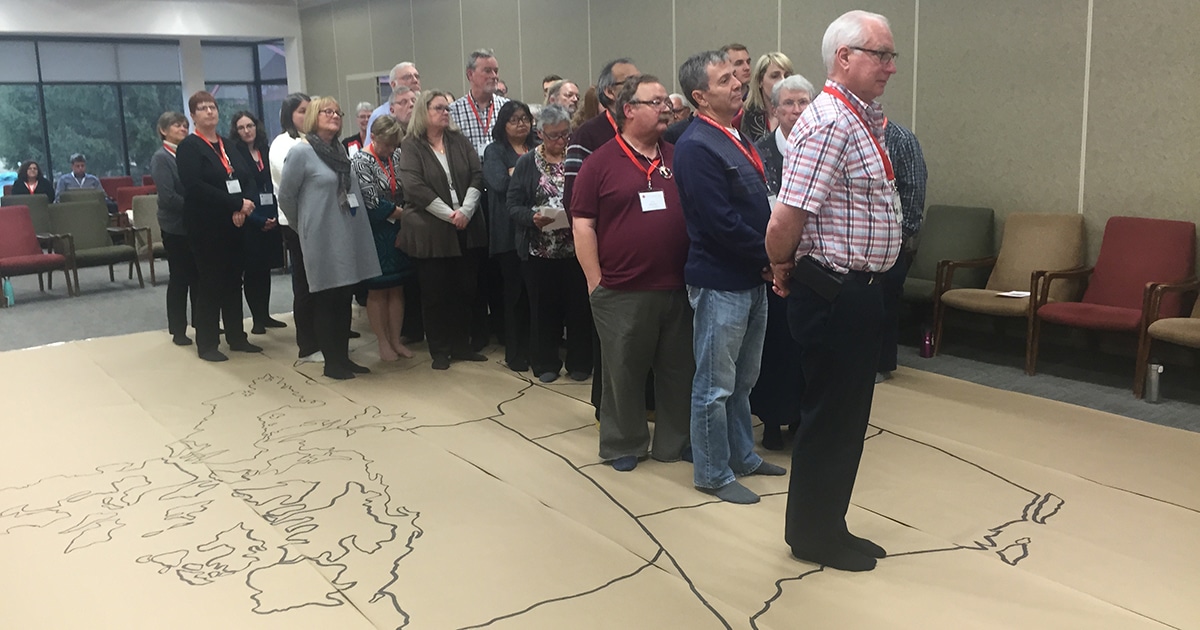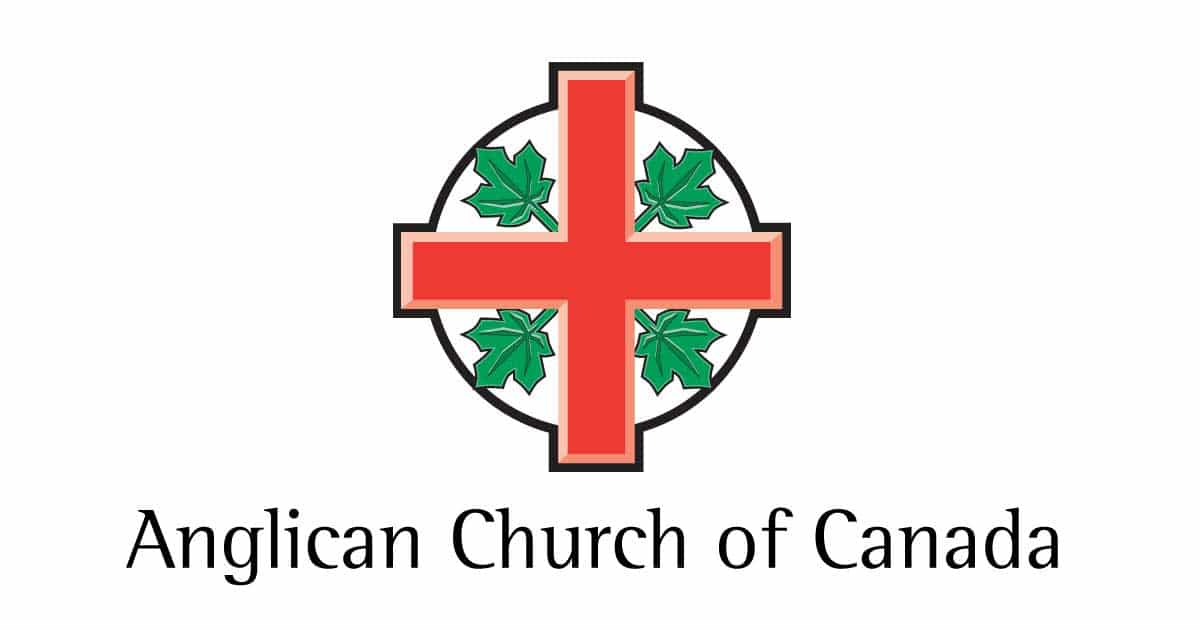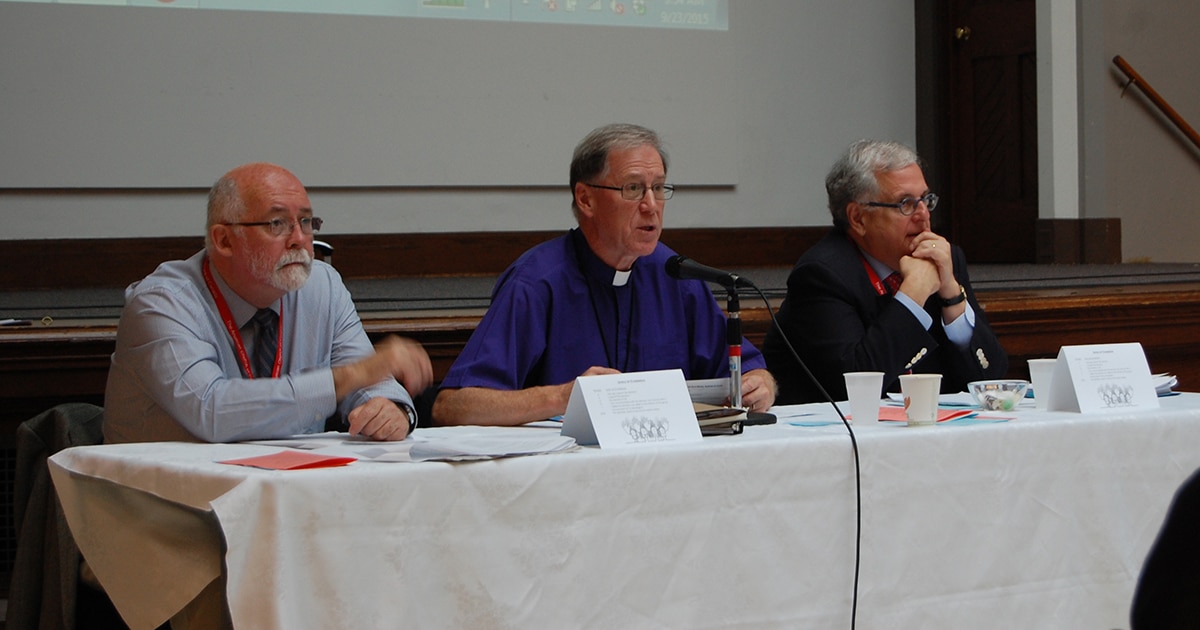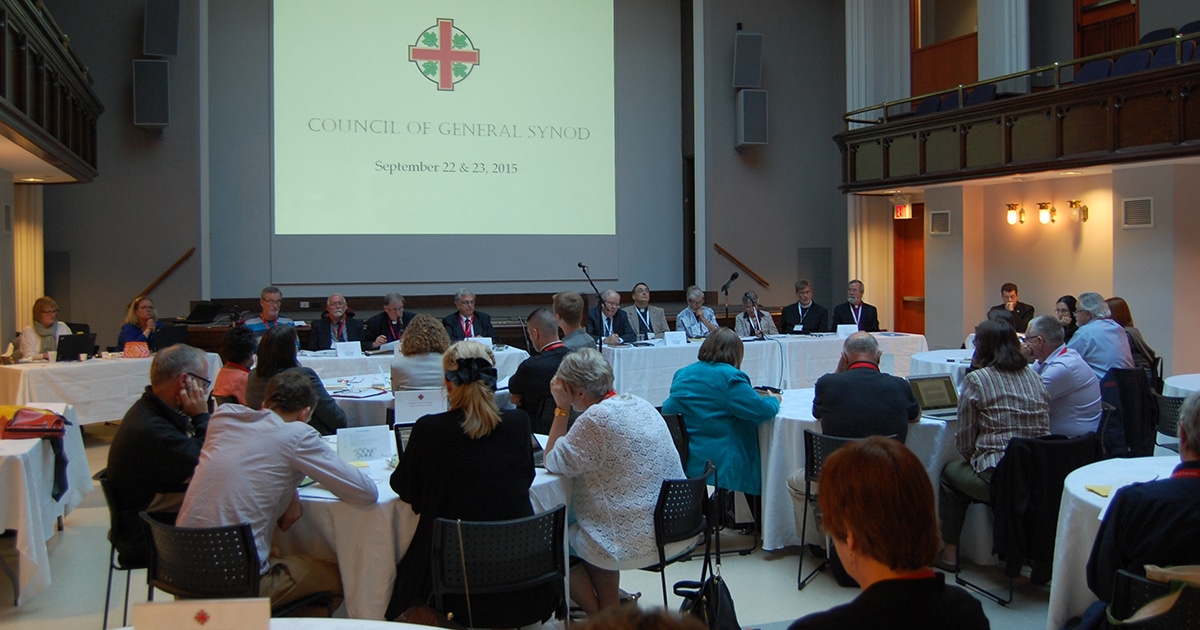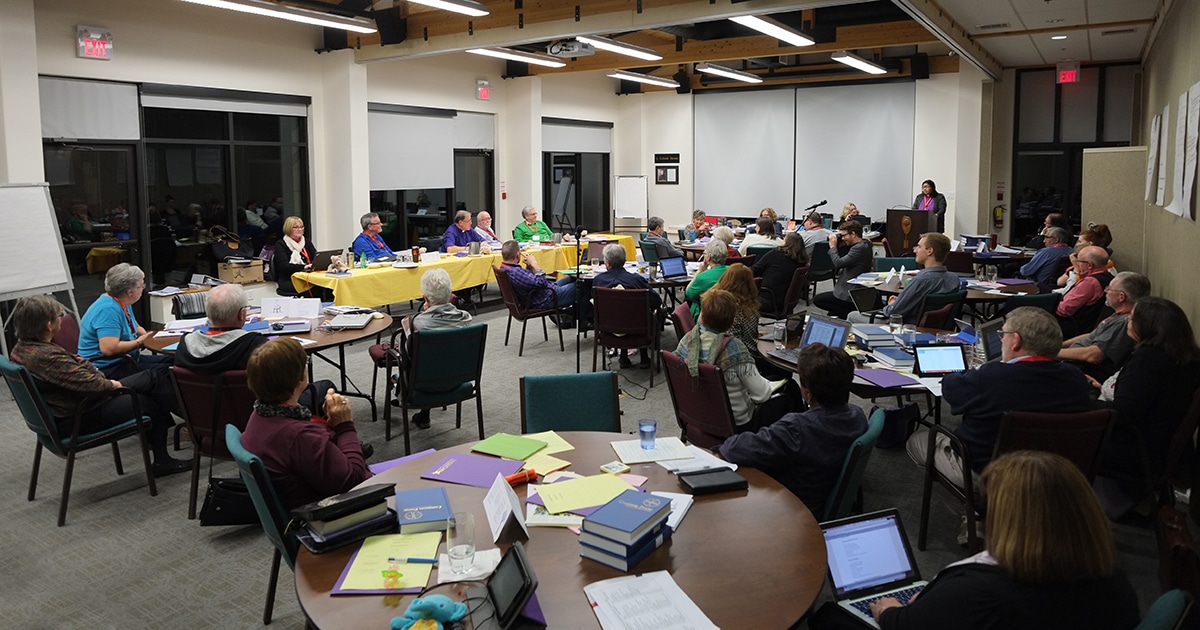Common Praise (1998) is the most widely used hymn book across The Anglican Church of Canada. Neither the General Synod nor ABC Publishing hold copyright authority for the hymns in Common Praise; authors and composers (or designated administrators) hold their own copyright—with the exception of works in the public domain. As copyright was secured for Common Praise in 1996, permissions do not include use in digital formats such as eBooks or web content, nor do they include permission for the broadcast of live or recorded performances.
| Format |
Approved use |
Permission required |
| Printed book (available at anglican.ca/store) |
✓ |
|
| Including lyrics or music in printed bulletin or similar |
✓ * |
|
| Lyrics displayed in church (e.g., via projector or display) |
✓ * |
|
| Performance (in-person worship) |
✓ * |
|
| Electronic distribution of lyrics or sheet music (e.g. email, website, PDF, eBook, etc) |
✓ for public domain works
✗ for copyrighted works |
Contact copyright holder or licensing companies for permission/license |
| Performance (live broadcast) |
| Performance (recorded broadcast) |
* for congregation sizes up to the number of printed book copies owned by the parish/church
Public domain works
Background: Copyright in a work exists for the life of the author/creator and the remainder of the calendar year in which they are deceased, plus fifty years† after the end of that calendar year (source: Copyright Act). When the term of copyright protection ends or expires, works fall into the public domain.
† When the Canada-United States-Mexico Agreement (CUSMA) came into effect on July 1, 2020, the general term of copyright protection in Canada for works of authorship was extended from 50 years after the life of the author to 70 years after the life of the author. Canada has a transition period that lasts until December 31, 2022 to implement this change.
Works in the public domain can be used free of charge and do not require written permission from the author/creator.
How to tell if a Common Praise hymn is in the public domain: Below each hymn in Common Praise, a copyright symbol © is displayed for any component of a hymn that is copyrighted.
EXAMPLE — Hymn 1: Holy, Holy Holy, Lord God Almighty
Copyright information at the bottom of the first page:
Text: Reginald Heber (1783–1826), alt.
Music: John Bacchus Dykes (1823–1876); desc. Geoffrey Hewitt (1909– ) ©.
Copyright information under each translation on the second page:
[For Plains Cree] Tr. John Alexander Mackay (1838–1923)
[For Naskapi] Tr. Joseph Guanish (1931– ) © Adapt. From Eastern Cree, William Gladstone Walton (1867–1948) and Daisy Alice Spencer Walton (1873–1948) © Anglican Book Centre.
[For Inuktitut] Tr. Bejamin T. Arreak (1947– )
In the example above, copyright applies to:
- the descant for the hymn;
- the Naskapi translation; and
- the Inuktitut translation.
The melody, original text, harmonies (except descant) and Plains Cree text translation are in the public domain.
Copyright holders
Common Praise includes an alphabetical list of copyright holders in the hymnal. Please consult this resource to obtain permissions beyond the approved uses noted above.
Where the copyright holder is identified as either The General Synod of the Anglican Church of Canada or The Anglican Book Centre, advance permissions are given freely for use by parishes, dioceses, religious orders and other organizations of The Anglican Church of Canada.
Licensing companies
Licensing companies represent a large number creators and artists, granting permissions for songs and hymns. Of these, OneLicense and CCLI have proven to be the most helpful to Anglican parishes. On their websites, you can: search permissions for specific hymns; or, purchase blanket license subscriptions for reproduction, online streaming and/or performance. Licensing company libraries are subject to change and you should consult these organizations directly for additional details.
For download:
In 2013 the General Synod passed a resolution directing the drafting of a motion “to change Canon XXI on marriage to allow the marriage of same-sex couples in the same way as opposite-sex couples, and that this motion should include a conscience clause so that no member of the clergy, bishop, congregation or diocese should be constrained to participate in or authorize such marriages against the dictates of their conscience.” Such a motion will be considered by the 2016 General Synod.
The General Synod stipulated that the preparation of this motion should, among other things, demonstrate that a “broad consultation” has taken place. To that end, a Commission on the Marriage Canon was established, and an important part of its mandate includes inviting “signed written submissions on the matter of amending Canon XXI (“On Marriage in the Church”) so as to provide for same-sex marriage in our church from any member of the Anglican Church of Canada who wishes to make such a submission.”
To this end the Commission on the Marriage Canon invited submissions from members of the Anglican Church of Canada between April 28 and September 30, 2014. The commission’s terms of reference also specifically state: “In order to ensure the credibility of the commission and the transparency of its work, all submissions to the commission will be posted on the national church’s website.” As submissions were received and reviewed, they were posted below in the order in which they were received.
Other submissions solicited by the commission from specialized experts and full communion and ecumenical partners will be posted as they are received. You may consult the commission’s terms of reference below for additional details on its mandate, continuing work, and timetable.
The Commission presented its final report to the Council of General Synod on September 22, 2015.
Members of the Commission on the Marriage Canon
Canon Robert Falby (chair)
Dr. Patricia Bays
The Very Rev. Kevin Dixon (until November 2014)
The Rev. Dr. Paul Friesen
The Rev. Paul Jennings
Dr. Stephen Martin
The Rt. Rev. Linda Nicholls
The Most Rev. John Privett
The Ven. Bruce Myers (clerk)
Background information

An estimated 400,000 people in Canada do not have a healthy place to live. Many in our society, notably the working poor, are unable to find affordable housing while others who are amongst the most vulnerable in our society lack a place called “home”. At the Joint Assembly in Ottawa in July 2013, Anglicans and Lutherans unanimously endorsed a shared commitment to:
- learn more about the issues contributing to poverty, homelessness, and substandard housing
- to act to support existing initiatives
- to advocate renewed federal funding and a national housing strategy
- and to pray for safe, affordable housing for all
Take action
National Housing Day, Nov. 22: Annually, on Nov. 22, Lutherans and Anglicans are called to lift up National Housing Day, learn more about the issues contributing to poverty, homelessness and substandard housing, and advocate for changes.
Giving With Grace: Be a part of the solution. Your gift will help the church be actively involved in ending homelessness and support affordable housing.
Resources
Partners
August 19, 2010
This is the fifth of occasional updates on the work of the Anglican Church of Canada as it takes its part in healing and reconciliation between Aboriginals and non-Aboriginals. As of August 2010, these updates are written by Archdeacon Michael Pollesel, General Secretary of the Anglican Church of Canada.
1. First public national TRC event a success
The first public Truth and Reconciliation Commission (TRC) event was held at The Forks historical site in Winnipeg, Man. from June 16 to 19. Most reports on this first of seven national TRC events hail it as a great success. Thousands of Aboriginal and non-Aboriginal participants gathered to reflect on residential schools experiences through art, historical presentations, and statement-sharing, both in private and in public. Organizers recorded 425 statements from former residential school students. To catch up on coverage from the event, visit the TRC website or read reports from the Anglican Journal.
The next national event is scheduled to take place June 2011 in Inuvik, N.W.T. Because this is one of the areas where the Anglican Church of Canada operated several schools, General Synod leadership has already begun to think about how to best help the healing and reconciliation process at this event.
2. Ongoing support for healing and right relations
Seven dioceses in the Anglican Church of Canada have donated extra money to the Anglican Fund for Healing and Reconciliation (AFHR) out of the refunds they received from the revised Indian Residential Schools Settlement Agreement. Over $240,000 has been received from the seven dioceses and, according to Esther Wesley, coordinator of the AFHR, this money will be used “not just for healing but for projects that focus on ‘right relations,’ which means building relationships between Aboriginals and non-Aboriginals.” Read the full story here.
3. Archives essential behind the scenes
As the work of the TRC continues, one of the unsung heroes behind the scenes is the General Synod Archives.
The General Synod Archives acquires, preserves, and provides access to the records of enduring value created by General Synod and its committees, councils, boards, and commissions. It also holds the official papers of the Primate, the General Secretary, and all other officers and employees of General Synod. The General Synod Archives, which also house the Diocese of the Arctic Archives, cooperate with the network of diocesan and provincial Anglican Archives to consider common concerns, archival standards, and strategies.
The General Synod Archives hold many documents produced during the decades that the Anglican Church of Canada operated residential schools. These include letters, reports, newsletters, and other such written and pictorial documents that may have made mention of various schools, students, and staff.
The General Synod Archives will be an important source as the TRC gathers information about residential schools. The Archives are committed to providing as much information as possible, both to the TRC as well as to residential school survivors and their families. In sharing this information, General Synod Archives always adhere to laws governing individuals’ privacy.
For more information on any of these items, contact Henriette Thompson, Director of Partnerships, General Synod, the Anglican Church of Canada, 80 Hayden St. Toronto, Ont. M4Y 3G4, (416) 924-9199 ext. 213.


